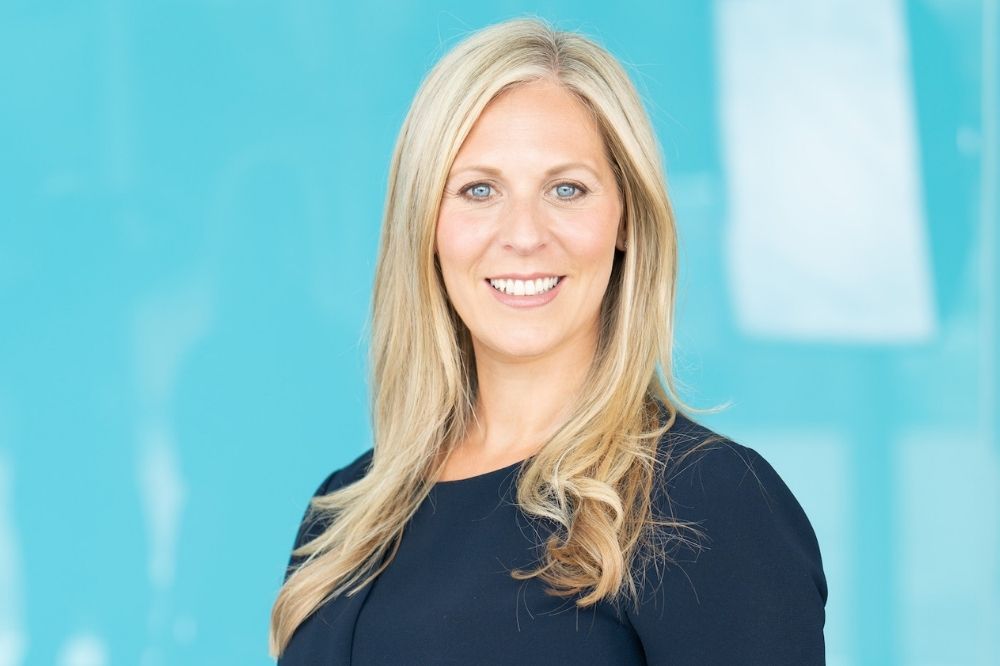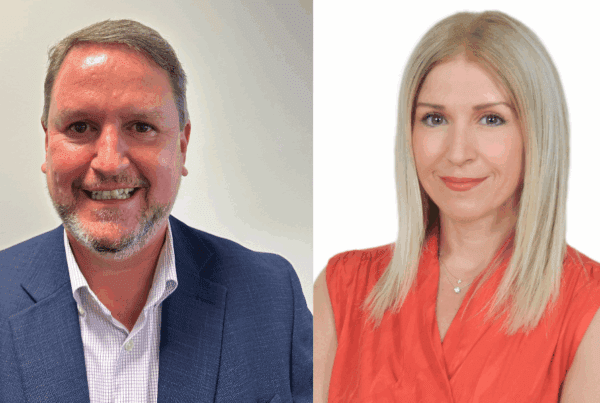
It’s no small task to lead a group which includes the trading brands Swinton, Carole Nash, Autonet, Lloyd Latchford, Marmalade, Healthy Pets, Be Wiser and Paymentshield and employs around 2,400 people, but Rawlinson noted that she is surrounded by a brilliant team. The transformational journey enjoyed by the broking firm is not something that has happened overnight, she said, and the whole Atlanta team has been working together to evolve this strategy.
“It’s not like I’m just suddenly jumping on somebody else’s racehorse and off I go,” she said. “This is something we’ve formulated and built and worked on over the last 18 to 24 months, in terms of our strategy and where we want to go next. It’s not a new horse, I’m just taking the reins of that horse.”
Three key strategic objectives have underlined Atlanta’s success to date – a success that sees it handle some c. £1 billion GWP on behalf of three million customers – those being organic growth, operational development and M&A excellence. Rawlinson highlighted that they remain key to the firm’s ongoing growth journey, as there are several strands to building a broking business fit for the long haul.
“We’re a broker first and foremost,” she said. “And so, we have to be excellent at broking otherwise what’s the point of being a broker? That’s your hygiene factor, you have to be a great broker. Operationally, you also have to be excellent, you have to be slick underneath, you have to make sure your customer is getting the best journey that they can.”
“The third part of [our strategy] is around M&A. And I’ve always said that really anybody can go and buy a business. You can find the money, you can find a lawyer and you can make a deal. But the excellence bit is around having the governance in place, the investment committee in place, the strategy in place – it’s about knowing what type of business you want to buy and understanding what will and won’t work with your own business.”
Cultural fit is a massive part of knowing whether an acquired firm is the right choice, she said, particularly for a group like Atlanta which has worked so hard to create and integrate its existing proposition. When you have a business like that, the last thing you want to do is upset the applecart by bringing in an acquisition that doesn’t fit and that risks spoiling the existing recipe. Getting the early discussions right is the key to making sure every business in the group is working towards the same vision.
Read more: Ian Donaldson reveals the secret in the sauce for Atlanta Group
A focus on the strength of the group’s internal culture and the journey of its customers is at the heart not just of the group’s M&A excellence piece, but across the entire proposition of Atlanta. The way customers want to interact with purchases is changing, Rawlinson said, and brokers need to be at the forefront of making sure customers can buy the insurance service that they want, when they want, in the way that they want going forward.
Brokers can no longer afford to compare themselves with their direct peers, they need to examine how the wider retail market has changed and apply those lessons to their own businesses. A lot of businesses talk about customer-centricity but it has to move beyond conversations and translate into actions, she believes. Rawlinson and her team are always looking for new ways to make this happen, hence the move of Karen Hogg into the role of chief customer officer in March of this year.
Bringing people along on the path that Atlanta is treading is instrumental to keeping both the cultural fit and the customer-centricity elements that define the business alive. As CEO, Rawlinson leads an executive team of which 40% are women and she highlighted the value that the wider group places on having a diverse and inclusive team. That diversity goes beyond any single fact including age, gender or race, she said, it’s about diversity of thought and diversity of ideas.
“I think if you have a more rounded and diverse business, you automatically have a more intelligent business, as you have all these different perspectives which bring with them a different energy,” she said. “If you have a non-diverse workforce, then you get a group of people all thinking exactly the same way. They can’t change your business, they can’t grow with the business, they can’t see external influences, or external factors, especially today, when the world is changing so rapidly.
“[…] I can’t stress enough how important it is to have the right team around you… I’ve got a team around me that are very clear on what our strategy is. They’re very supportive of the journey that we’re going on and they feel empowered. When you put all that together, it’s the perfect start for the next leg of the journey. And I feel very confident that I’ve got the right people with the right vision around me to continue the journey that we’ve already started.”



